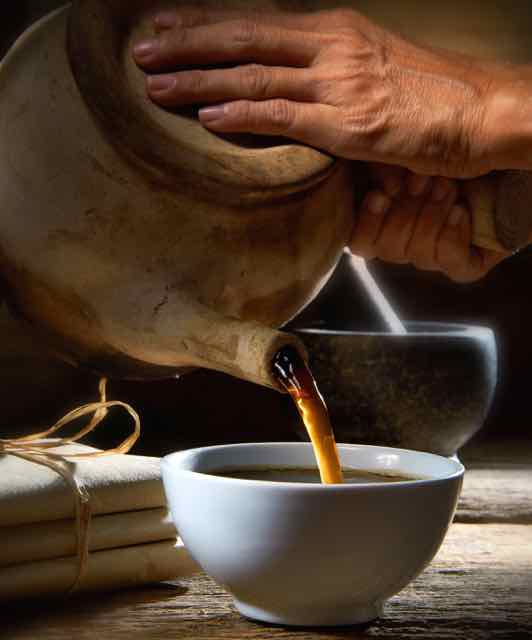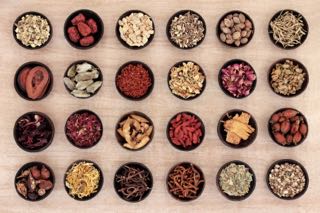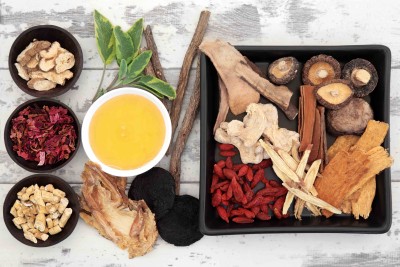Chinese Herbs
Chinese herbs
Traditional Chinese Medicine (TCM) is a system of holistic medicine that has been used over 3,000 years to prevent illness and improve health. Chinese herbal medicine is a therapy within TCM, that corrects the underlying root imbalance of your condition leading to long-term healing and promoting of self-healing of the body.
TCM is based upon the belief that health is a state of balance. When we are in balance within our bodies and the enviroment, we are healthy. When imbalances develop illness can set in.
The herbal formula are customized with specific herbs for you to address the underlying imbalance that is causing your health concern. Some herbs will rejuvenate the Qi and restore Yin and Yang balance. While others will eliminate accumulations, remove heat, dampness, and toxins, or nourish dryness.
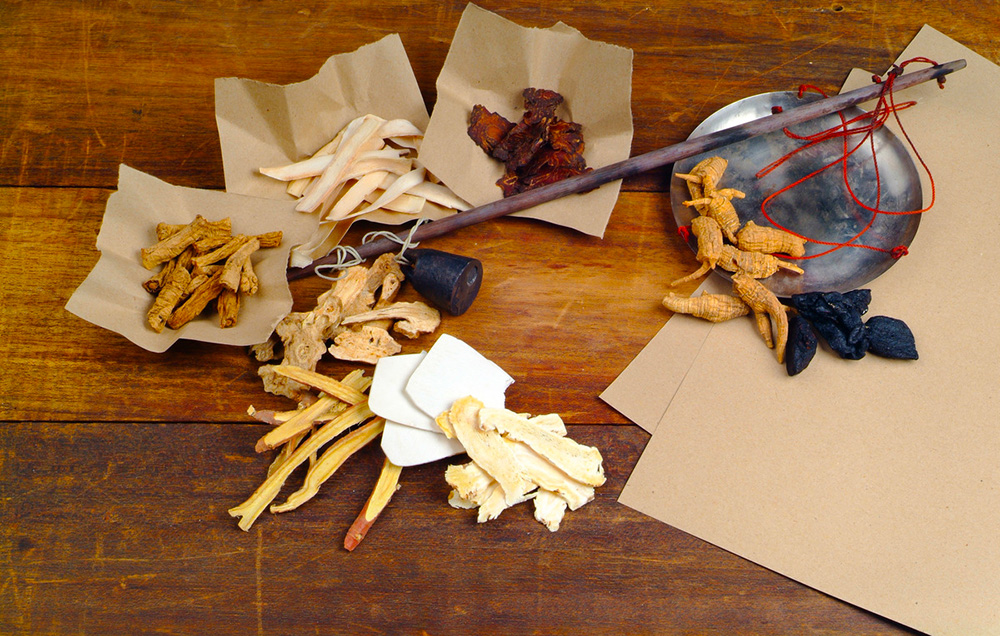
Chinese herbal medicine can be used to treat a wide range of conditions, colds and sore throats, to more chronic conditions such as joint pain, infertility, and inflammtory skin conditions. Many of my patients take herbs for skin diseases, digestive issues, and autoimmune conditions, as well as to enhance fertility. As part of your initial visit we will discuss the role of herbs in your treatment plan along with acupuncture and other therapies. .
Modern science has shown that specific herbs have antibacterial, antiallergic, and anti-inflammatory functions. They also promote the development of our bodies natural healing abilities. Other herbs help improve circulation and balance hormones. Some herbs have been shown to regulate immune function which is one reason why we can see long-term improvements after the treatment course has stopped.
The Process to Customized Your Herbal formula
The first step in creating a customized Chinese Medicine herbal formula is to conduct a thorough exam and diagnosis of your condition. This involves evaluating the patient’s symptoms, medical history, and any relevant lifestyle factors. We will also look at your tongue and take your pulse. The Chinese medicine diagnosis is based on identifying imbalances in the body’s Qi (energy), blood, and other vital substances. This information is used to create a personalized formula to address your health needs.
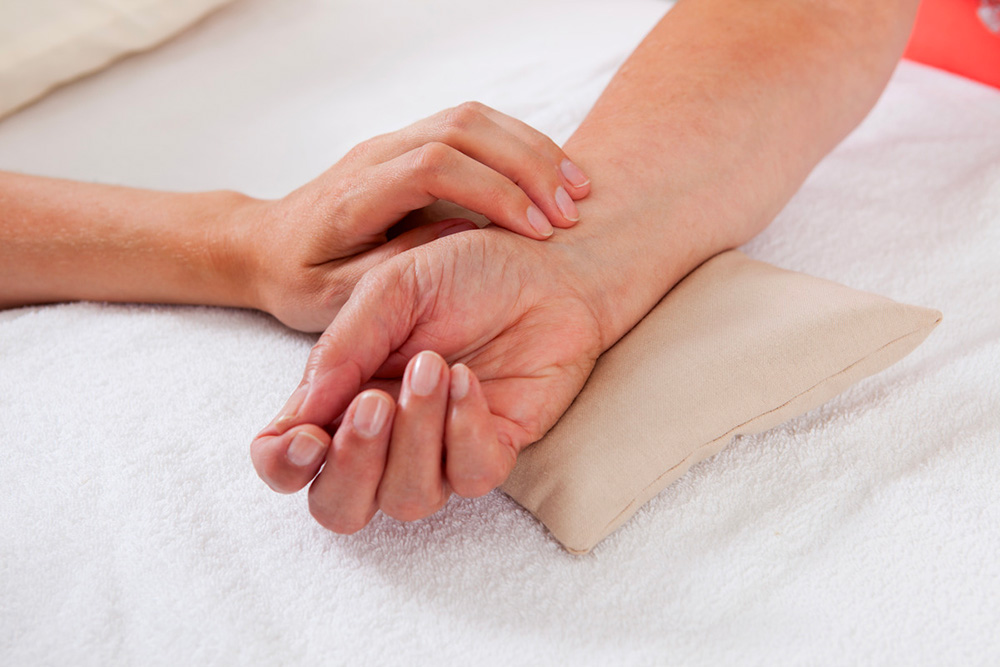
The next step after the diagnosis is completed is to select the best herbs for your health issues. Chinese Medicine has a vast pharmacopoeia of herbs, over 500 commonly used herbs, each with its unique properties and actions.
I will carefully select a combination of herbs that address the patient’s specific imbalances and symptoms. The herbal formula combines 5 to 15 different herbs to target your root imbalance.
The next step is to prescribe the chosen herbs in the correct proportions to create a balanced formula. The combination of herbs is chosen based on their individual functions and properties. Additionally, some herbs are specially combined in order to enhance the effects of others. The herbs work together in synergy to target the underlying imbalance of the body.
The final step in creating a customized Chinese Medicine herbal formula is to customize the dosage for the patient. Some herbs are always given in small amounts and others use a much larger dosage. I may adjust the dosage over time based on your response to the treatment.
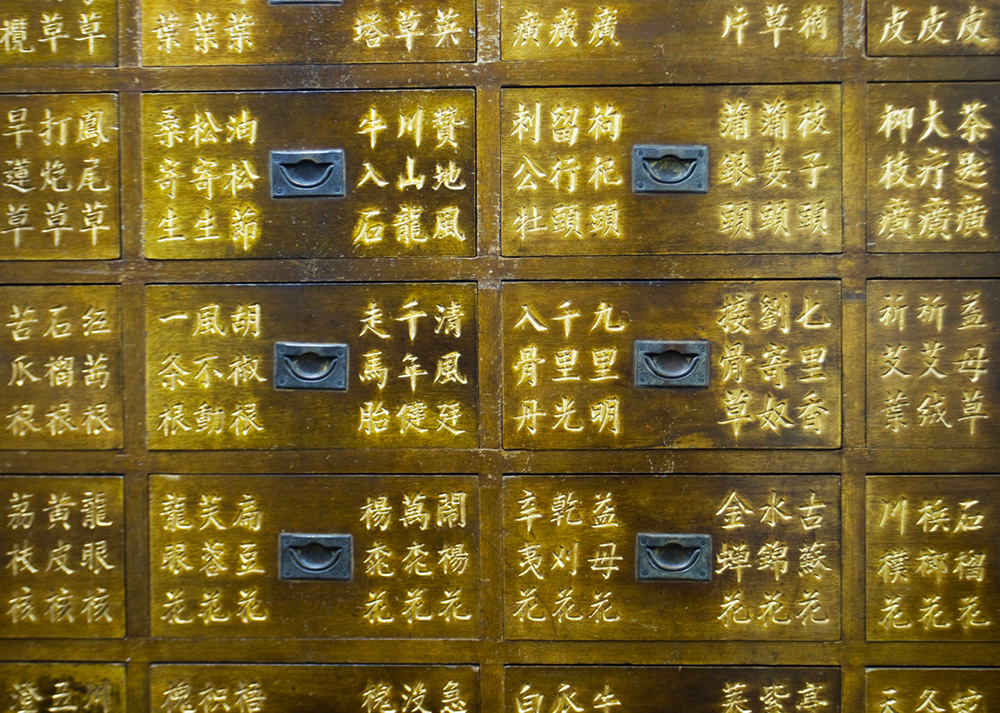
Factors to Consider
When creating a customized Chinese Medicine herbal formula, there are several factors to consider. These include the your constitution, the nature of your condition, and any other medications or supplements they may be taking. I am also conscious of the tastes and temperatures of the herbs to create a balanced formula matched to the needs of each patient.
No herb is perfect for everyone. Which is why it is important to be cautious when taking very popular herbs such as ginseng, ashwaganga, astragalus or others. It is true that certain properties of these herbs are healthy. But some people will develop side effects from herbs that were not approriate for their condition or constitution.
For example, astragalus is a wonderful herb to promote energy, improve healing, and reducing allergies. However, it is also a warming herb and can be too hot for many constitions.
The Structure of an Herbal Formula
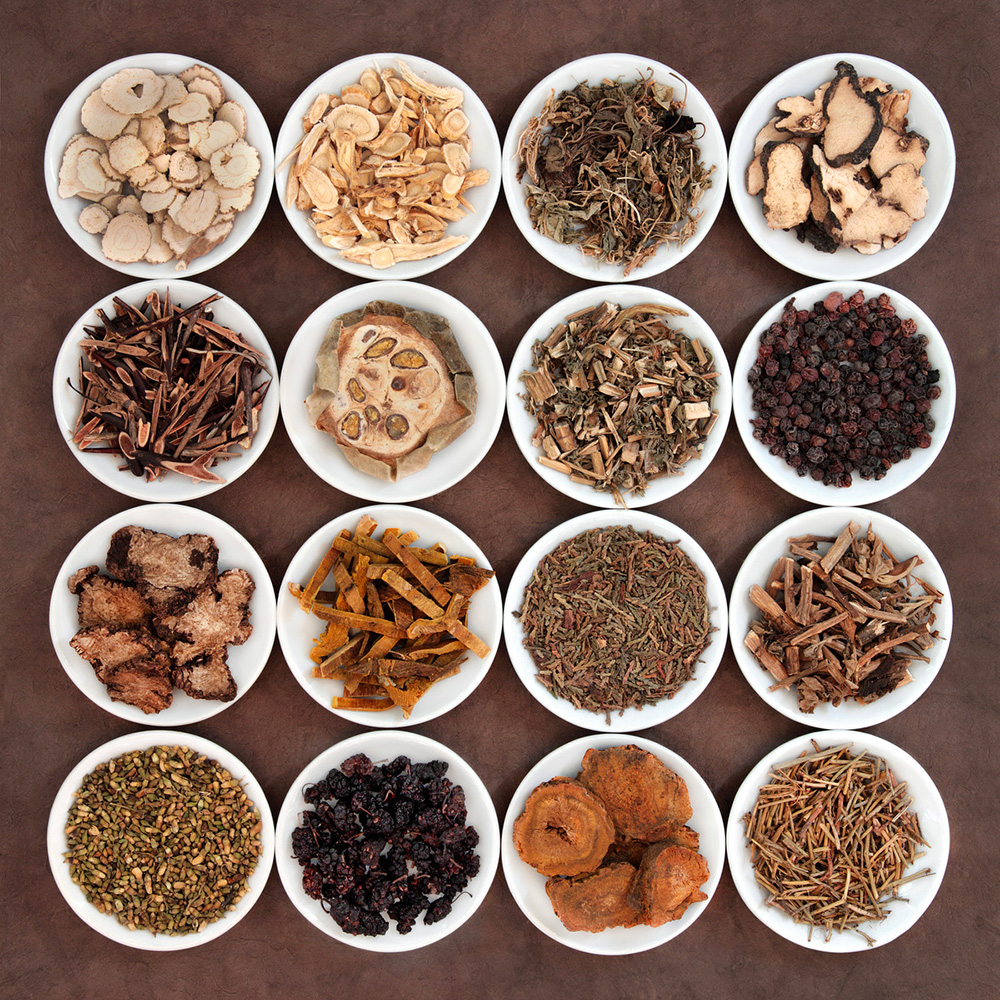
Chinese herbal formulas are composed of many different herbs, each with its unique properties and functions. By utilizing the different roles of the herbs in a formula, practitioners can tailor their treatment plans to the specific needs of each patient and create a balanced, effective, and personalized herbal formula.
Formulas are organized with certain herbs directing the function of the formula and others supporting that role. These herbs are carefully chosen and combined to create a holistic treatment plan that addresses the specific imbalances and symptoms of the patient.
Chief Herbs
The chief herbs in a Chinese herbal formula are the primary herbs that are chosen to address the main pattern or syndrome in the patient’s condition. These herbs are usually chosen based on their energetic properties, actions, and indications. Chief herbs are chosen as the primary role in the herbal formula to tonify, disperse, harmonize, clear heat, or warm the body, among other actions.
Deputy Herbs
The deputy herbs in a Chinese herbal formula support and enhance the actions of the chief herbs. They may have similar properties to the chief herbs, but they also have additional actions that complement the primary herbs. Deputy herbs may be chosen for their ability to strengthen or direct the actions of the chief herbs, to balance the formula, or to address specific secondary symptoms or conditions.
Assistant Herbs
Assistant herbs in a Chinese herbal formula are added to further enhance the effects of the chief and deputy herbs. These herbs are chosen for their ability to treat related symptoms or conditions, to support the overall function of the formula, or to reduce any potential side effects. These herbs may balance the formula to make sure it is not too hot or cold. Assistant herbs also have a synergistic effect with the other herbs in the formula, or they may be added for their unique properties and actions.
Envoy Herbs
The envoy herbs in a Chinese herbal formula are added to direct the actions of the formula to specific parts of the body or to a specific symptom or condition. For example, these herbs help to guide the actions of the formula areas of the body that need them most such as the head, arms, or lower body.
How do I take Chinese herbs?
The most common ways to take Chinese herbs are in a tea, granule powder, herbal pills or tincture. What you come in for will determine what type of herbs we will use. All of the formula for patients with skin conditions will be customized raw herbs or granules.
Raw Herbs:
The most traditional way, and the most potent for certain conditions, are raw herbs. The herbs are prepared by boiling in water to make a very strong tea which is drank by a method called double cooking. The herbs should be cooked in a ceramic herb pot or a glass pot. Metal pots, even stainless steel, should be avoided.
Many herbal pharmacies have pressure cooking machines that can prepare the herbs for you. The tea is then vacuum packed into a small bag. I order herbs from an herbal pharmacy in New York.
Raw herbs are very potent. I believe they are the strongest form of herbs. I most often use raw herbs for skin conditions like acne, eczema, and psoriasis. Additionally, I find them most effective for autoimmune disorders and lymes disease.
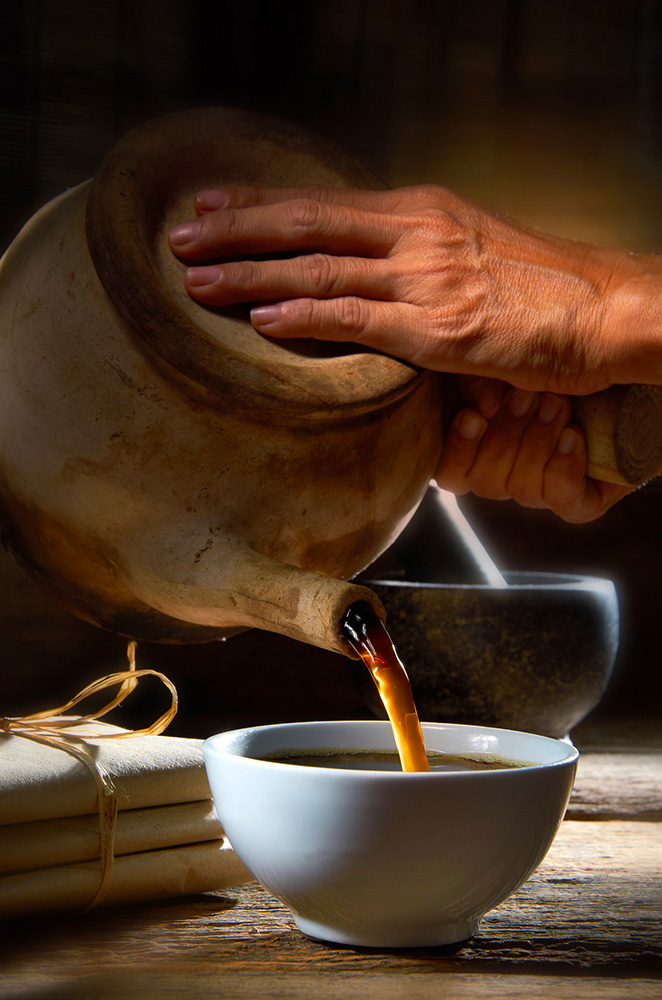
Pills or Capsules
Herbal pills are possibly the most common way to take herbs. This is also a traditional method, as many formulas were designed to be made into honey pills. Honey pills consist of ground herbs which are bound together with honey.
I find prepared herbs very effective for many chronic health concerns such as anxiety, insomnia, and allergies. They are very easy to take.
Herbal Concentrates
Herbal Concentrates are when the herbal formula is boiled down to make a very concentrated tea. Then, a small amount of alcohol or gylcerine is added as a preservative. They are very easy to use and effective making them a good choice for taking herbs long term.
Granules or Powders
Granules are concentrated boiled herbs. The herbal formulas are boiled down and the liquid is concentrated. Mix this powder with warm water to reconstitute the herbs. Sometimes the herbs are also encapsulated for pills. We also order the custom granules from the herbal pharmacy.
Herbal Medicine Address the Root Cause
Over my 17-year career as Doctor of Acupuncture and Chinese medicine herbalist, it has been an honor to work with so many patients on their journeys. The main goal of herbal medicine is to target the underlying imbalance causing your health concern.
By addressing the underlying root cause we can see long term and stable improvement in your health.
If you would like to learn how Traditional Chinese herbal medicine can help you meet your health goals and concerns, please click below to make an appointment. We can create a customized treatment plan together that incorporates the best Chinese herbal medicine in order to treat the root cause and achieve optimum health.
What can Chinese herbs be used for?
Chinese herbal remedies can be used for a wide range of conditions. In my clinic, people often take herbs for eczema, psoriasis, and acne. Herbal remedies can also be very helpful for headaches, overactive bladder, insomnia, allergies, asthma, irritable bowl syndrome, (IBS) and many other conditions.
